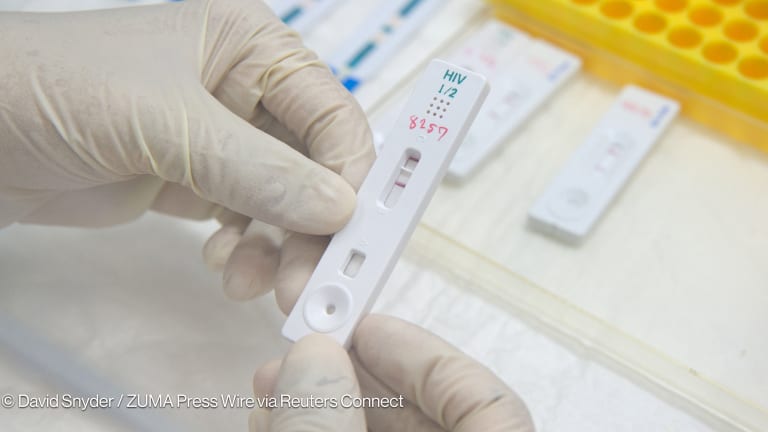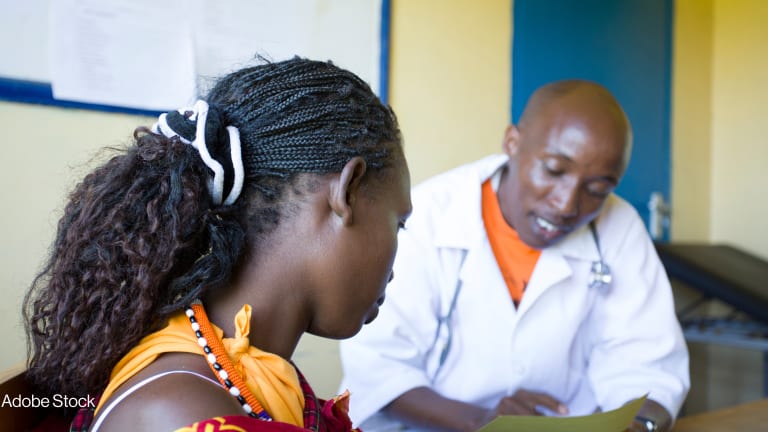U.S. President Barack Obama bid his Ebola czar farewell Friday, following an announcement that the United States will begin drawing down its military presence in the three West African nations hit hardest by the Ebola epidemic.
The drawdown of troops by no means signals a victory, Obama stressed, but marks a new phase of “transition” in the country’s engagement in the crisis, in which the United States will work toward eradicating Ebola.
Still, February witnessed the first uptick in Ebola cases in 2015. In Liberia, where five of last week’s 124 new cases were recorded, the government postponed the reopening of schools to Feb. 16.
Printing articles to share with others is a breach of our terms and conditions and copyright policy. Please use the sharing options on the left side of the article. Devex Pro members may share up to 10 articles per month using the Pro share tool ( ).
Search for articles
Most Read
- 1
- 2
- 3
- 4
- 5








